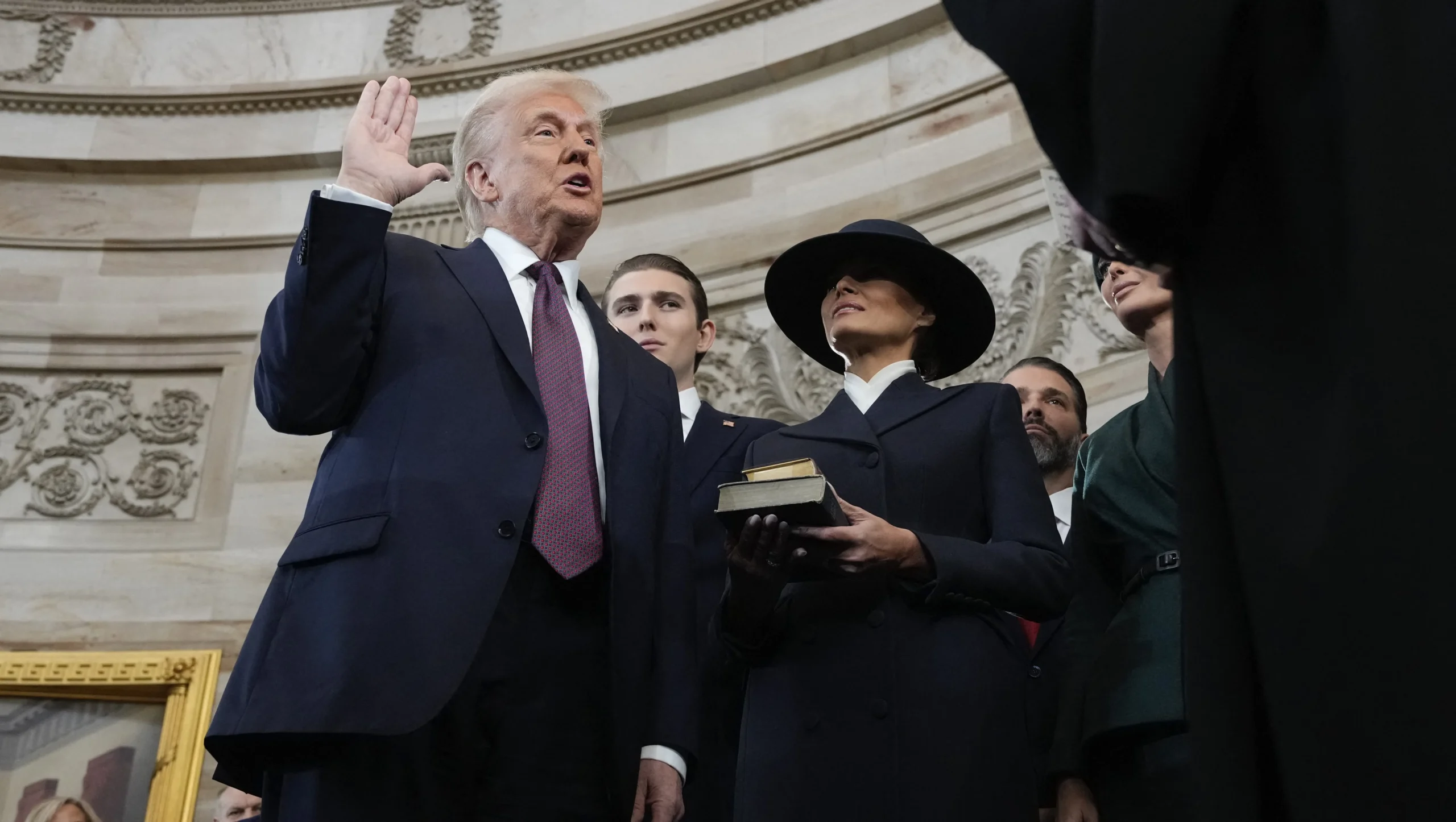Did Trump Really Skip the Bible at His Inauguration? Shocking Details Inside!
In a moment that captured national attention, President Donald Trump’s inauguration ceremony sparked widespread discussion and controversy regarding a centuries-old tradition of placing one’s hand on the Bible during the presidential oath of office. The unusual event raised questions about protocol, tradition, and the significance of religious symbolism in American political ceremonies.
The Unexpected Moment
During the swearing-in ceremony conducted by Chief Justice John Roberts, Trump deviated from a long-standing presidential tradition. Observers noted that the president did not place his hand on the Bible while taking the constitutional oath, a practice that has been customary for most modern presidents.
What Actually Happened
The ceremony unfolded with several unique characteristics:
- Trump raised his right hand to take the oath
- His left hand remained by his side
- Two Bibles were present – a family heirloom and the historic Lincoln Bible
- First Lady Melania Trump held the Bibles during the ceremony
Historical Context and Legal Implications
Contrary to popular belief, the U.S. Constitution does not mandate the use of a Bible during the presidential oath. Legal experts have consistently pointed out that while traditional, placing a hand on a religious text is not a legal requirement for taking office.
“The oath of office is about the commitment to the Constitution, not necessarily about religious symbolism,” noted constitutional scholar Dr. Emily Richardson.
Precedent and Perspective
While Trump’s action seemed unprecedented, historical records reveal that some presidents have also deviated from strict biblical traditions:
- John Quincy Adams used a law book instead of a Bible
- Theodore Roosevelt occasionally modified the traditional ceremony
- The Constitution only requires the oath itself, not its specific presentation
Public and Media Reaction
Social media erupted with discussions about the significance of Trump’s decision. Commentators and political analysts offered various interpretations:
- Some viewed it as a break from religious tradition
- Others saw it as a personal choice reflecting individual beliefs
- Many emphasized the non-mandatory nature of the biblical placement
Broader Implications
The incident sparked broader conversations about:
- The role of religion in political ceremonies
- Personal freedom of expression
- The evolving nature of presidential traditions
Official Statements and Explanations
Neither the White House nor Trump’s team provided an explicit explanation for the deviation. However, Trump’s inaugural address included references to God, suggesting that the absence of the Bible was not necessarily a statement about faith.
The Bibles Present
Interestingly, two significant Bibles were present during the ceremony:
- A family Bible given to Trump by his mother
- The Lincoln Bible, used historically since Abraham Lincoln’s inauguration in 1861
Expert Analysis
Constitutional experts emphasized that the oath’s substance matters more than its symbolic presentation. The core commitment is to uphold the Constitution and serve the American people, regardless of the specific ceremonial details.
Final Thoughts
While the moment generated significant media attention, it ultimately represented a personal choice within the framework of constitutional requirements. The flexibility of the inauguration ceremony highlights the dynamic nature of American political traditions.
Conclusion
Trump’s inauguration ceremony reminded Americans that traditions can evolve, and personal choices can challenge long-standing practices. The incident serves as a nuanced reminder of the individual interpretation possible within established political rituals.
Disclaimer: This article is based on historical records and reported observations from the inauguration ceremony.
Stay informed, stay curious.






Leave a Comment